For over two decades, Victoria Maria Carrera has inspired countless individuals to reclaim their bodies, energize their minds, and transform their lifestyles. A pioneer in the fitness industry, she’s known for her high-octane classes, personalized training programs, and infectious motivation that keeps clients coming back for more. But beyond the gym, Victoria is now leading a new kind of movement—one that isn’t measured in calories burned or reps completed, but in lives changed.
As a foster care advocate in New Mexico, Victoria is now turning her focus to some of the most vulnerable members of society: teenagers aging out of the foster care system. Through her soon-to-launch nonprofit, God’s Love, she aims to provide job training, life skills, emotional support, and above all—hope—for youth who often leave the system with no home, no income, and no guidance.
“Fitness gave me the discipline to succeed, but advocacy gave me purpose,” Victoria says. “Now I’m using everything I’ve learned—not just to help people transform physically, but to rebuild lives that society often forgets.”
A Life of Movement and Mission
Victoria’s story begins at the intersection of passion and perseverance. At the age of six, she fell in love with movement. What began as childhood enthusiasm turned into a full-fledged career in fitness by the time she was 18. She quickly climbed the ranks from trainer to instructor to gym manager, and eventually carved out her own niche as a leading figure in the world of wellness.
Her training style is unique—combining traditional strength training with boxing, functional fitness, and holistic wellness principles. But what truly sets her apart is her belief that fitness should be fun. “If you’re not enjoying the process, you’ll never stick with it,” she says. “My goal has always been to create a positive experience—something that lifts your spirit while you’re working your body.”
Victoria’s career thrived on this philosophy, earning her a loyal following and deep respect within the industry. Yet, while helping others build stronger bodies, she began to notice a different kind of strength that needed attention—the inner strength of young people fighting battles much harder than any workout.
The Harsh Reality for Foster Teens
In New Mexico, thousands of children move through the foster care system each year. Many of them never find a permanent home. At 18, they “age out” of the system and are left to navigate adulthood with no financial support, no guidance, and often no place to live. This vulnerable moment becomes a turning point—one that can lead to homelessness, addiction,crime, and exploitation.
“Too many of these kids age out without a plan, without a voice, and without anyone to care,” Victoria says. “I couldn’t just stand by knowing that.”
She began researching the foster care system, meeting with advocates, and speaking to teens who had aged out. What she discovered shook her. Human trafficking, teen homelessness, suicide, and incarceration were rampant among aged-out foster youth.
“That broke me,” she says. “But it also fired me up. I knew I had to do something.”


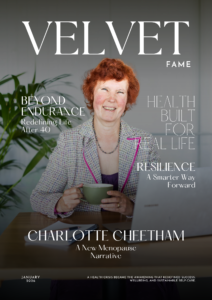

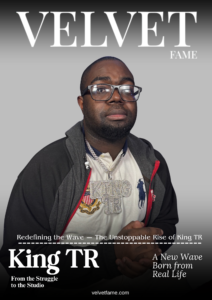
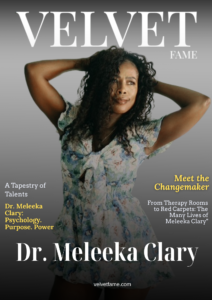

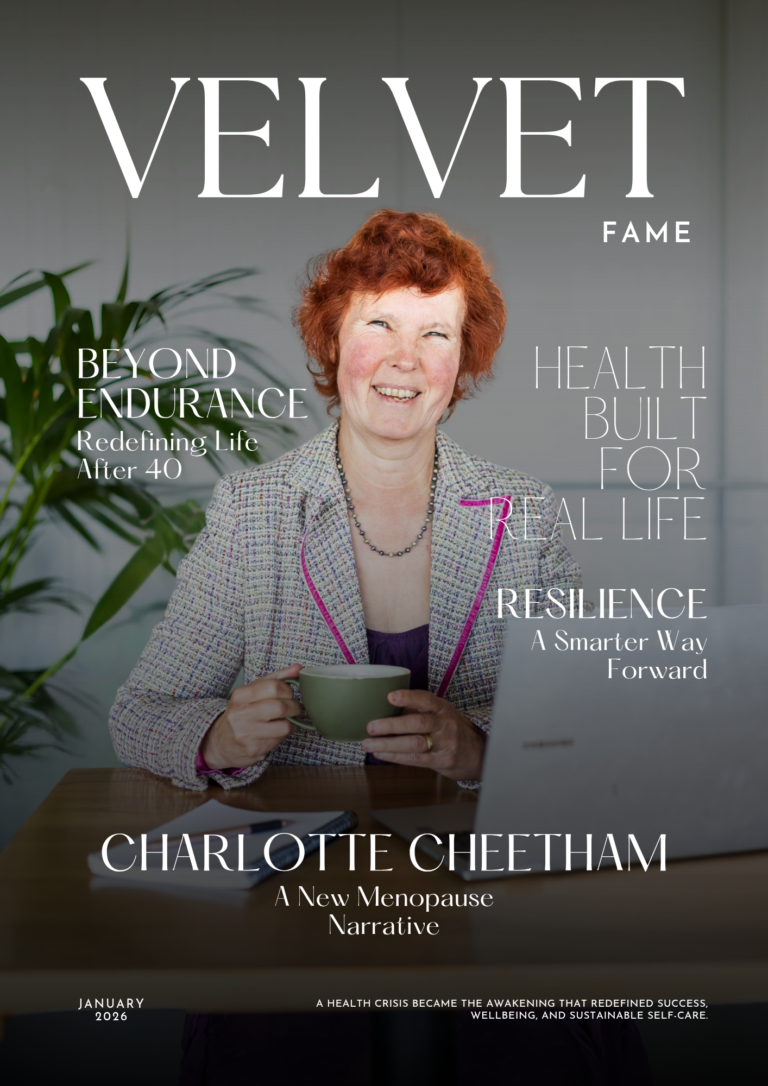

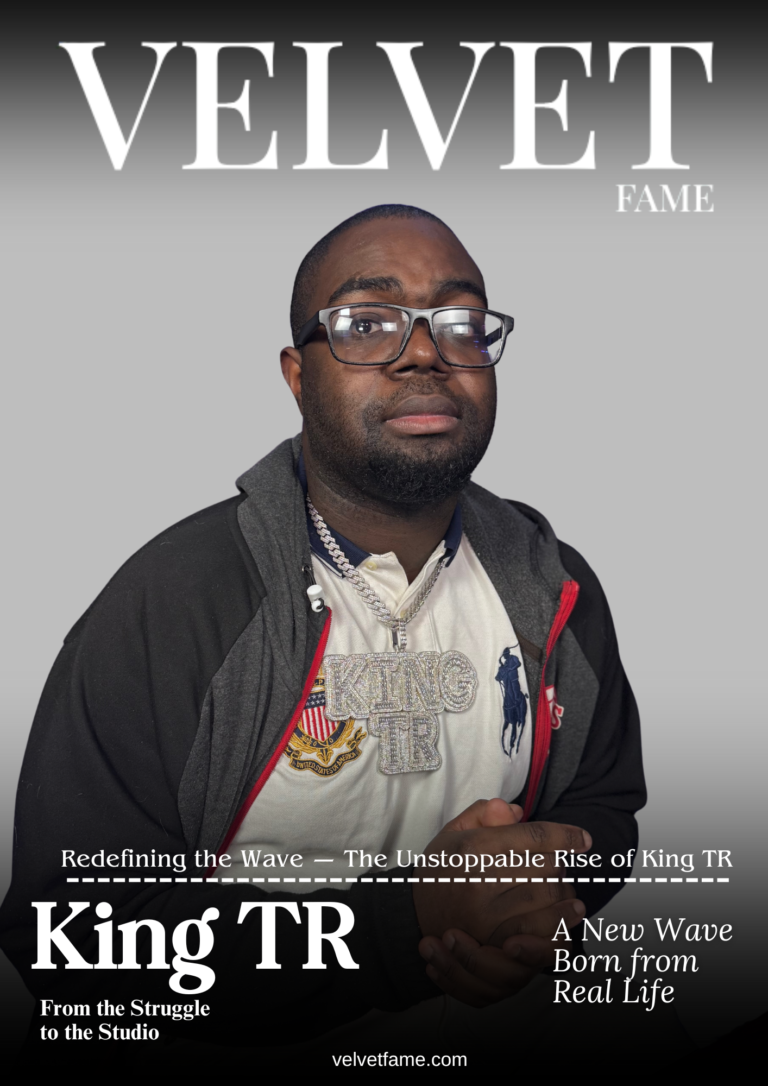




+ There are no comments
Add yours